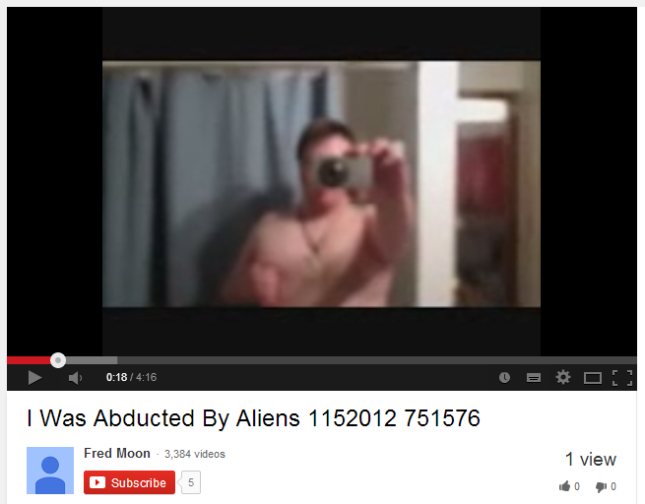Without trying to sound like a middle-aged late adapter to the modern era, there can be not the slightest doubt that YouTube has done a lot. It has adapted to, tweaked, and surpassed its predecessor, television, in dozens of ways. Whether that be through access, production, control, quality, or media ownership, just to mention a few. The part I find most interesting is monetization. This is not to say I am in favour of it, but I cannot deny the vast effect this has had on the careers of many.
Some have called it at once the biggest and the smallest stage—the
most public space in the world, entered from the privacy of our own homes.
Through it, we can reach out to a next-door neighbor or across the world. – Michael Wesch
As Wesch shows above, with the assistance of just a simple webcam, no matter how talented, untalented, compassionate, bigoted, funny, unfunny, sincere, or ironic, anyone can produce content. Anyone can find content, and anyone can share content. Sometimes when I’m bored I like to find the most obscure videos I can for this thrill of it:
As unintentionally demonstrated above, this does of course mean you could produce thousands of videos and have them continually seen by next to nobody. But on the flip side, you could make only a few and become the next big internet celebrity. The latter reality is where my interest lies. For example, now successful stand-up comedian Bo Burnham could be seen as slowly becoming a household name, all from one viral video (language warning):
While it is a much less common form of monetization, it is still not unachievable for anyone with a webcam.
A second, and perhaps more common sense of monetization largely found within the YouTube community is advertising – most notably perhaps through “vlogging.” I find vlogging interesting for while it is such a simple idea, it is so difficult to fully define. As Patricia Aufderheide states in reference to this public documentation: “Such work, whose compelling quality is the drama of its storytelling, crosses the makeshift line between journalism/public affairs and culture/art/fiction. As it becomes a minigenre of its own.” I find this analysis interesting, as it to me acknowledges this different forms that vlogging can entail. While I think it is most commonly portrayed as attractive, young adults telling you about their day, it’s important to remember this is not always the case. There are many people who speak on such issues as race, religion, and homophobia, who too have been able to forge careers through this medium.
While I still find it strange whenever I’m told by a superior that YouTube is having a drastic effect on our current lives, as if no-one else was aware, I would be unable to find any counter-arguments on the case. Even though this phenonema has left us with many quirky British boys who sit around making money by eating cinnamon off a spoon, it is probably not fair to hold this against the site as a whole, as it does allow for people to pursue some great careers.
